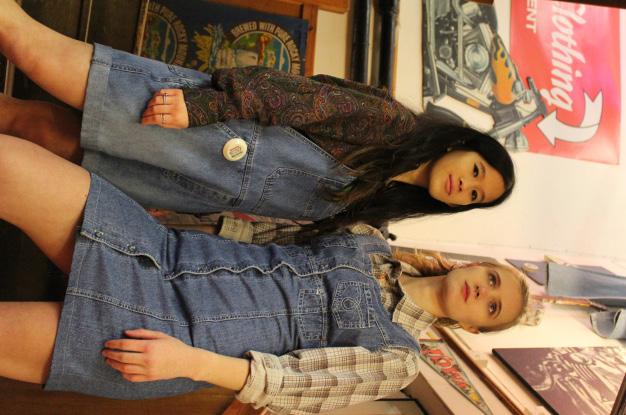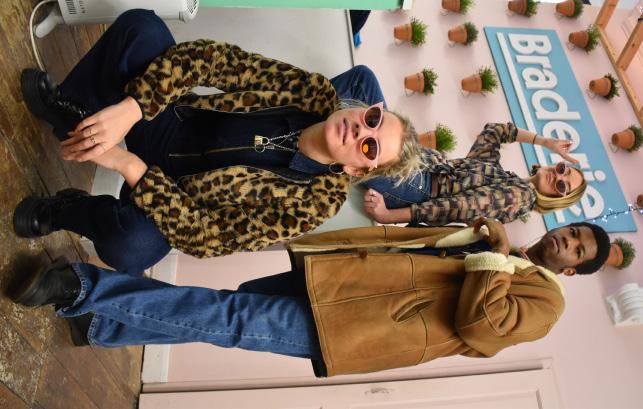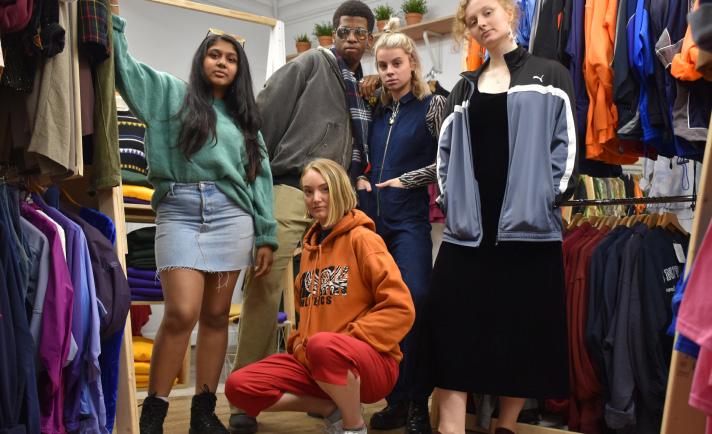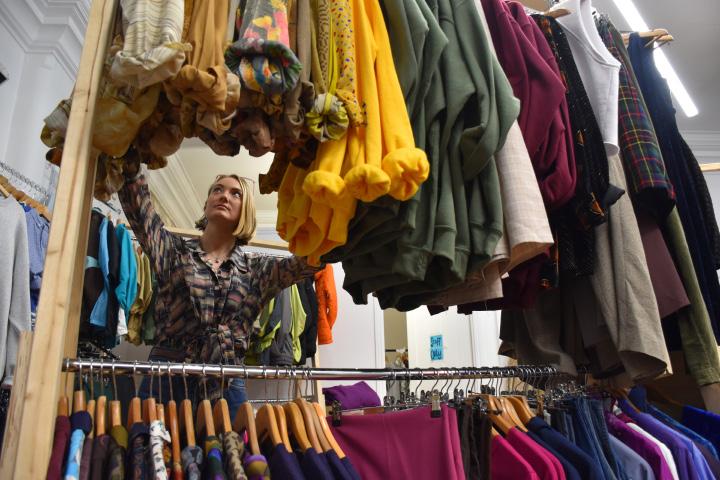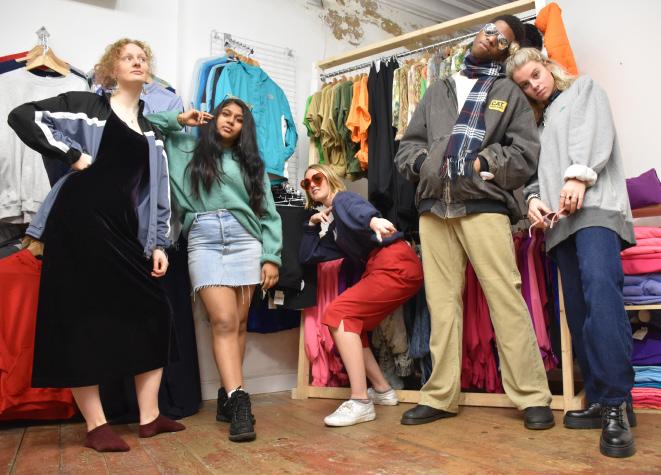
6 minute read
Our Earthly Heroes
OUR
Much like Bonnie Tyler, our Earth really needs a hero. Luckily, Sir David Attenborough and Greta Thunberg are on hand to be just that. But what about the unsung heroes who are doing their bit to save our planet?
Advertisement
Our planet is in dire need of repair and revivification upon entering its tipping point of climate emergencies. We watch clips of the burning Amazon rainforest and countless wildlife documentaries on TV. We do this whilst sympathising with every poached animal, melting glacier, or whale whose post-mortem reveals the plastic from our oceans. We sympathise, but it doesn’t benefit our environment. We can only repost Leonardo DiCaprio’s Instagram posts so many times, and yet many of us do so, with no conscious intention of making a change.
From David Attenborough’s “Attenborough effect” that inspired young and old minds alike, to the explosive surge in eco-awareness projected by Greta Thunberg’s “Greta effect” (which led to a youth strike in 150 countries), the concept of climate change has been no stranger to us. However, amongst the 7.7 billion people in the world, only a few thousand take the extra step to protect our environment: our environment’s heroes.
Sir David Attenborough, a man who initially began his career by making wildlife documentaries because of his enjoyment in perceiving the natural world, dedicates his work to bringing life and nature into our homes. Over the years, his iconic voice has become the soundtrack to a plethora of inquisitive wildlife documentaries which tackle
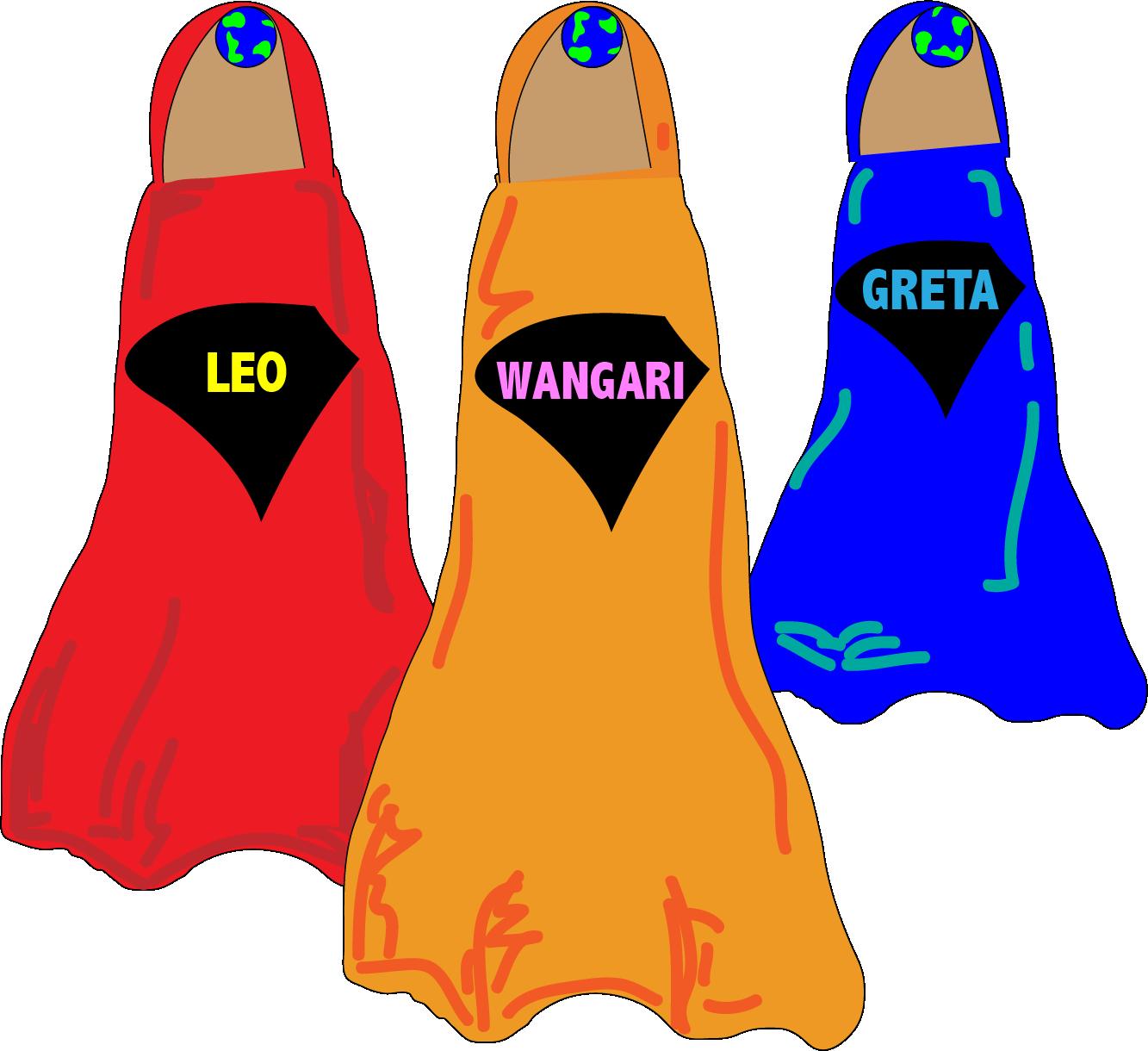
environmental issues such as climate change, and global warming.
Frankly, as a huge admirer, I’d listen to him reading his shopping lists. But instead of delineating a harsh perception to viewers that critique our mistakes in regard to protecting the environment, he uses a subtler approach by showcasing the natural beauty and excitement of nature and wildlife in its purest form. Moreover, the stories he shares, are shaped by the harsh realities of climate change which make us yearn to protect our environment. His approaches although subtle, are effective, and introduce humanity to elusive habitats and urge viewers to become more sustainable in their daily life.
On the other side of the Atlantic, Academy Award-winning actor Leonardo DiCaprio has become the epitome of a fixture advocate for events and projects highlighting global challenges. Since Jack Dawson became fish food in 1997, DiCaprio launched his
EARTHLY
environmental organisation, the Leonardo DiCaprio Foundation in 1998, and has funded over 200 projects to 132 organisations in 50 countries! Furthermore, he uses his platform to flood our social media feeds with informative posts about various projects and environmental activism.
Contrary to popular beliefs, many find making eco-friendly choices expensive. In comes, Ecosia! You don’t need to leave your chair to help reforestation! Christian Kroll has increasingly started to dominate the internet with his non-for-profit search engine Ecosia! You use it just as you’d use Google, and Ecosia will donate 80% of its profits to plant trees (60 million since June 2019!).
Some environmental heroes, although hidden in nature, have a pivotal impact when it comes to maintaining our ecosystem. You hear about Greta Thunberg all the time on the news, but what about Vicki Buck, who helped discover the tech needed to harvest wild algae from sewage to extract fuel for vehicles?
EARTHLY
Or Kazutoshi Sakurai and Takeshi Kobayashi who founded AP bank that finances projects designed to resolve environmental issues. Saltwater Brewery created edible six pack rings for humans and animals which are 100% biodegradable. Furthermore, Ilena Zanella protects scalloped hammerhead sharks from illegal fishing, and after 9 years of research and convincing, has created Costa Rica’s first shark sanctuary.
Boyan Slat is developing a V-shape barrier to trap plastic in the ocean. Malaika Vaz, a twenty-one-year-old conservationist has been investigating manta ray trades in Southeast Asia, whilst sharing stories of human-animal conflict and coexistence. Nobel Prize winner Wangari Maathai’s Green Belt Movement continues to help the conservation and replenishment of environments and improve livelihoods of communities in Africa, long after her passing in 2011. This movement was first launched when Kenyan women had to face the aftermath of depleted food resources. GBM taught them to farm and store rainwater.
HEROES

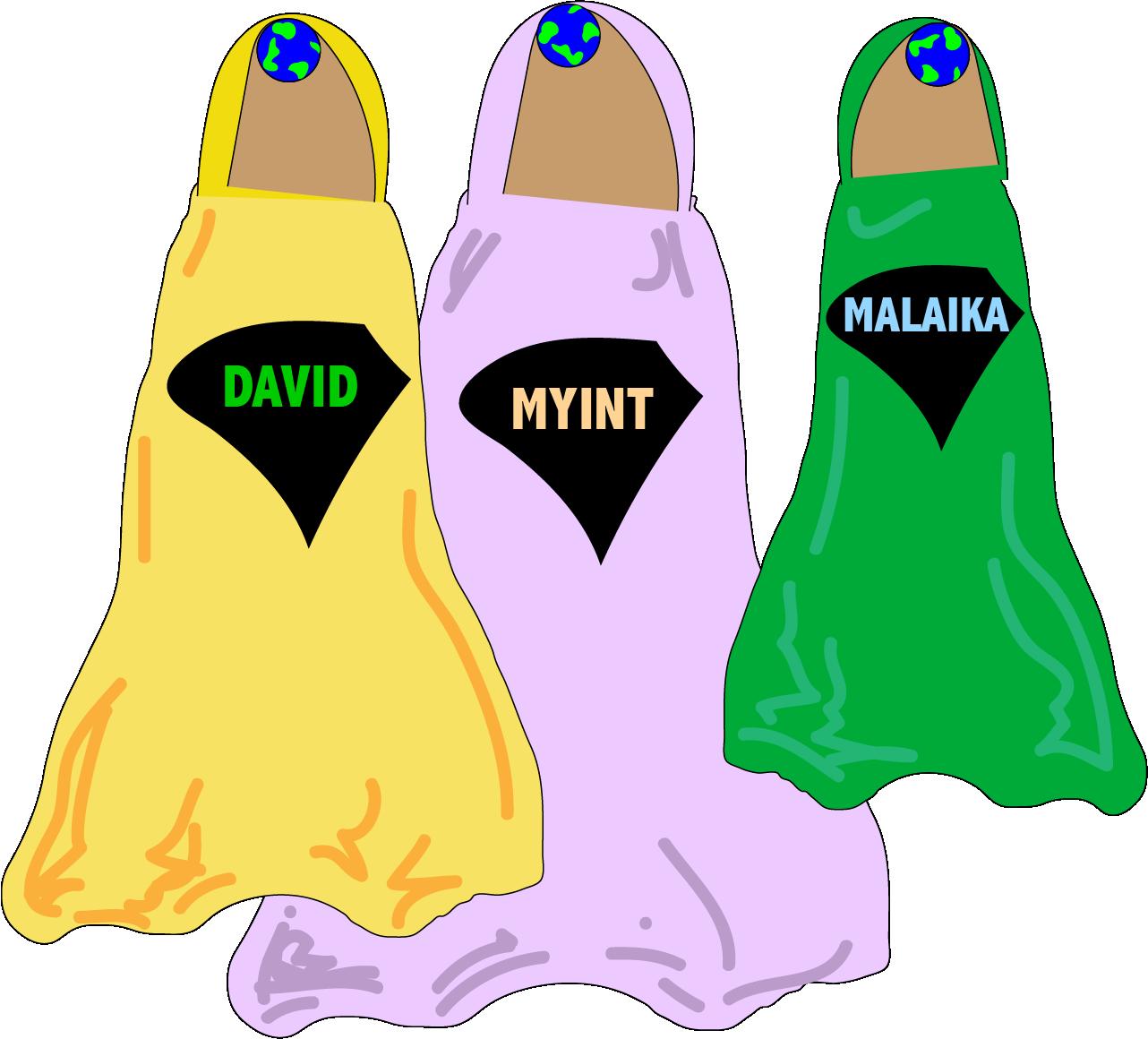
Indigenous people are the essence of an “unsung hero” of conservation, environmentalism and sustainability. Populating less than 5% of the world, they protect 80% of the ecosystem. Their old forms of conservation are often increasingly effective, although underrated, and resilient to climate change. They also help preserve the ecosystems, restore the forests’ natural resources, and defend the Earth’s biodiversity in which they live. Moreover, they adapt locally to fit their respective environments to preserve natural resources. Unfortunately, the indigenous are in as much danger as our environment is.
Myint Zaw, a Burmese activist, instigated a national movement to successfully stop the reconstruction of the Myitsone Dam on one of the vital rivers that flow through Myanmar (Irrawaddy River). As the government sat on his media privileges, Myint had restricted access of social media, email and journalist activity, yet, still held art exhibitions and managed to save what could have been 12,000 to 18,000 displaced indigenous people who live on the banks of the river and form the ecosystem.
Poaching poses an increasing threat to wildlife. Animals such as rhinos and cassowaries play a significant role in balancing the ecosystem. The significant decrease of rhino platoon in the wild accelerates every day due to poaching. A solution proposed by Dave Stirling and Johnny Roberts, who founded Operation Save The Rhino, is rhino dehorning which makes horns invaluable to poachers. Although sad, it is a reality we must face to ensure the survival of the species.
Our planet continues to hurt, but there is hope instilled by the progress made by these remarkable people. Yet, this still makes only a small dent without us to support them. It is easy to relate to environmentalists and even easier to make eco-friendly choices to help pre-existing foundations/ environmentalists who aim to restore balance on Earth. So do your research, buy a reusable shopping bag, and go and save Earth. If not now, when?
Nila Varman Graphic & Page Design by Natasha PhangLee




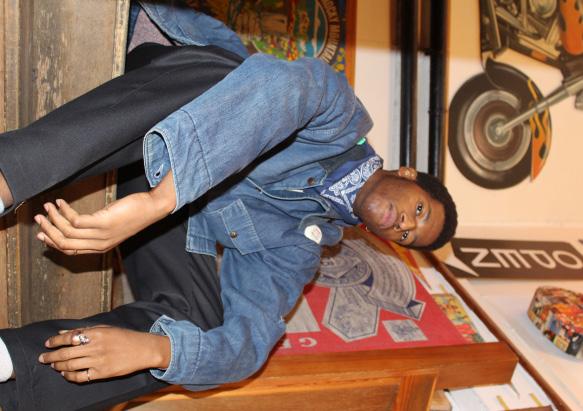
Impact tries Vintage at Wild Clothing & Braderie Images by Cesca Wormald & Nina Shasha
